William was born in Falaise, Normandy in 1028. He was the illegitimate son of Richard I, Duke of Normandy, who recognised him as heir at the young age of eight. William's rule in Normandy before 1066 was a successful one. He dominated the Norman aristocracy and his political and military power ensured he was successful in negotiations to marry Mathilda, daughter of Count Baldwin of Flanders, which he did in 1053.
William was one of several 11th century French territorial princes to conqueror lands outside northern France. However, it was his victorious and brutal Conquest of England, and subsequent coronation as King in Westminster Abbey, that makes him the most well-known and gives him the new name “William the Conqueror”. After effectively consolidating his rule in England, a Norman aristocracy became the new governing class and many members of the native English elite, including bishops, were replaced with Normans. The Normans not only brought about political, social and cultural changes to Normandy and England, they embarked on a vast and widespread building programme, notably building great towers and halls in stone.
William spent the early years of his reign securing his borders and crushing resistance, including several baronial rebellions. A ruthless and efficient leader of both Normandy and England, William continued to govern separate territories on both sides of the Channel and his kingdom became increasingly stable. Most of his final 15 years were spent in Normandy, where he also spent the last few months of his reign fighting Philip I, King of France. William died in 1087 from injuries he received after falling from his horse. He divided his lands between two of his sons, with Robert gaining Normandy and William Rufus, England.


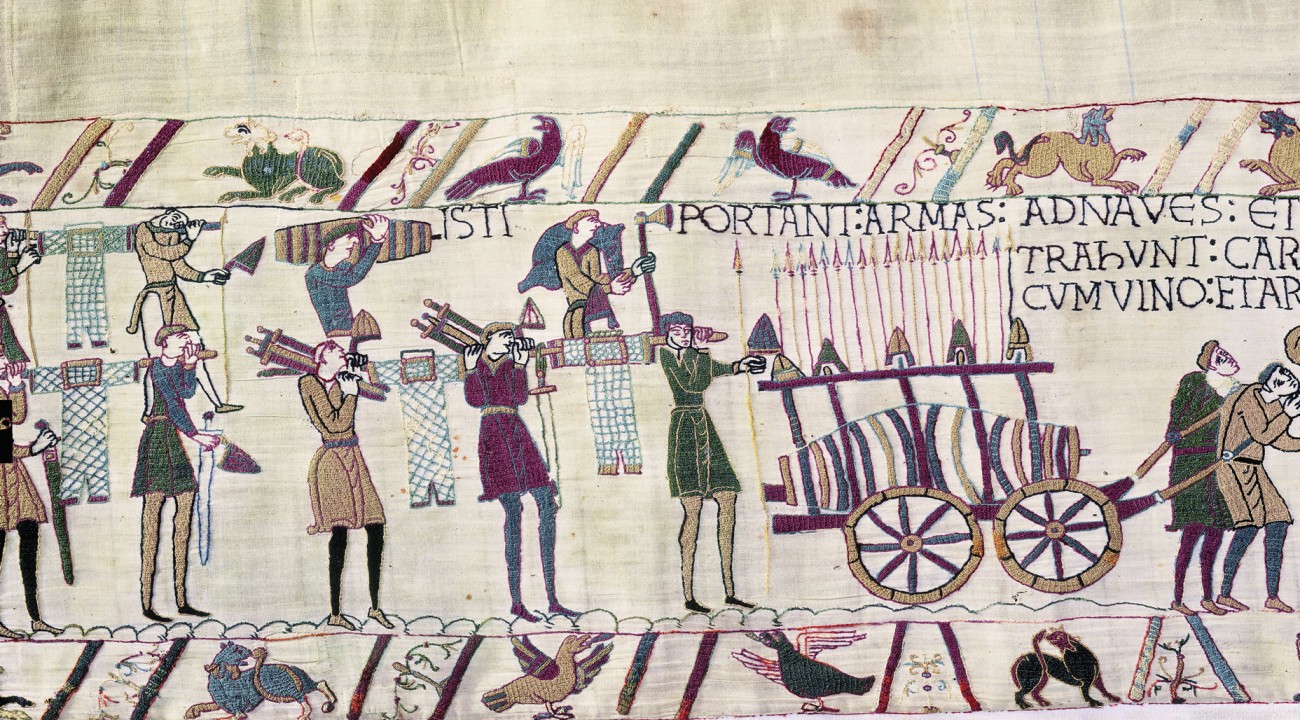
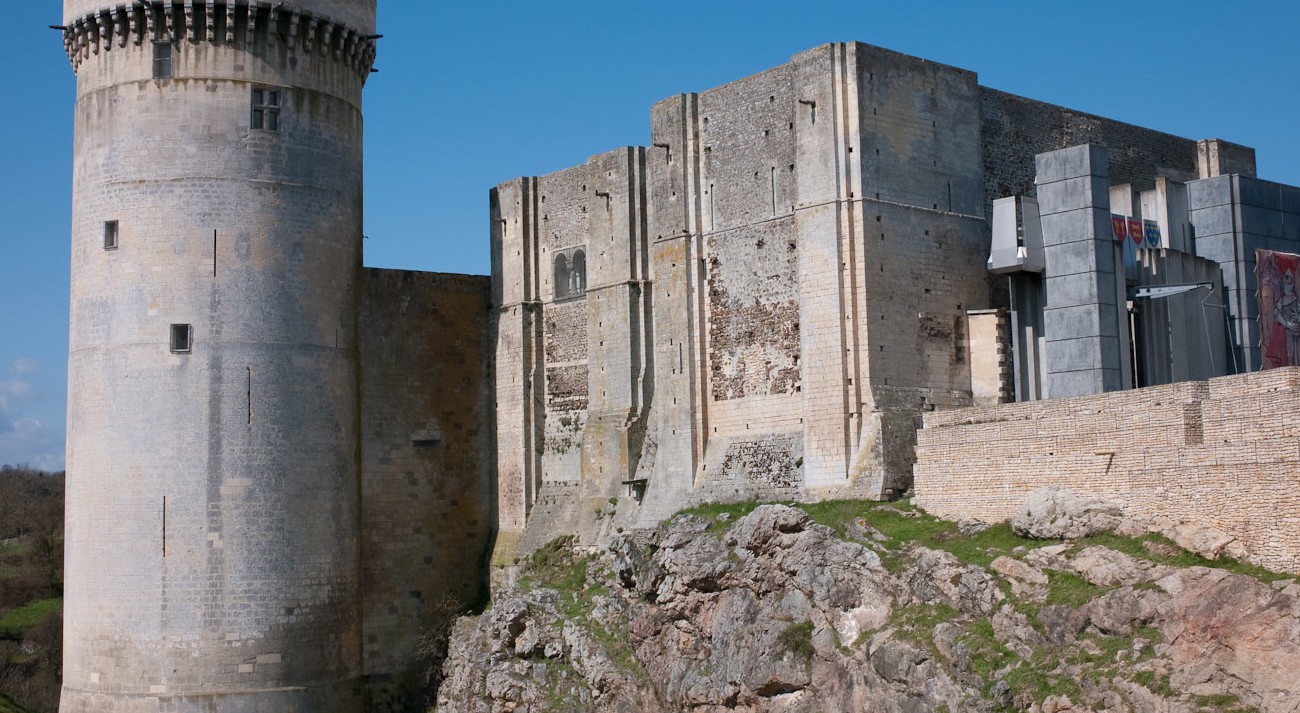
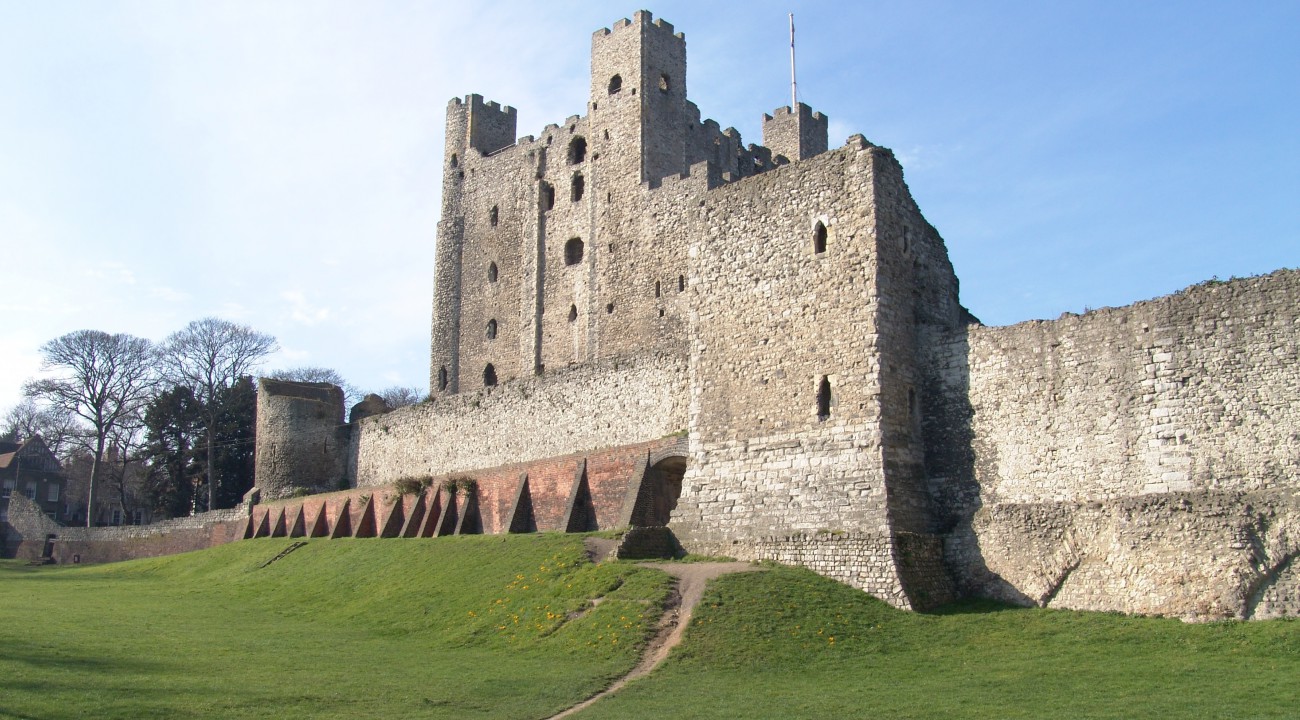
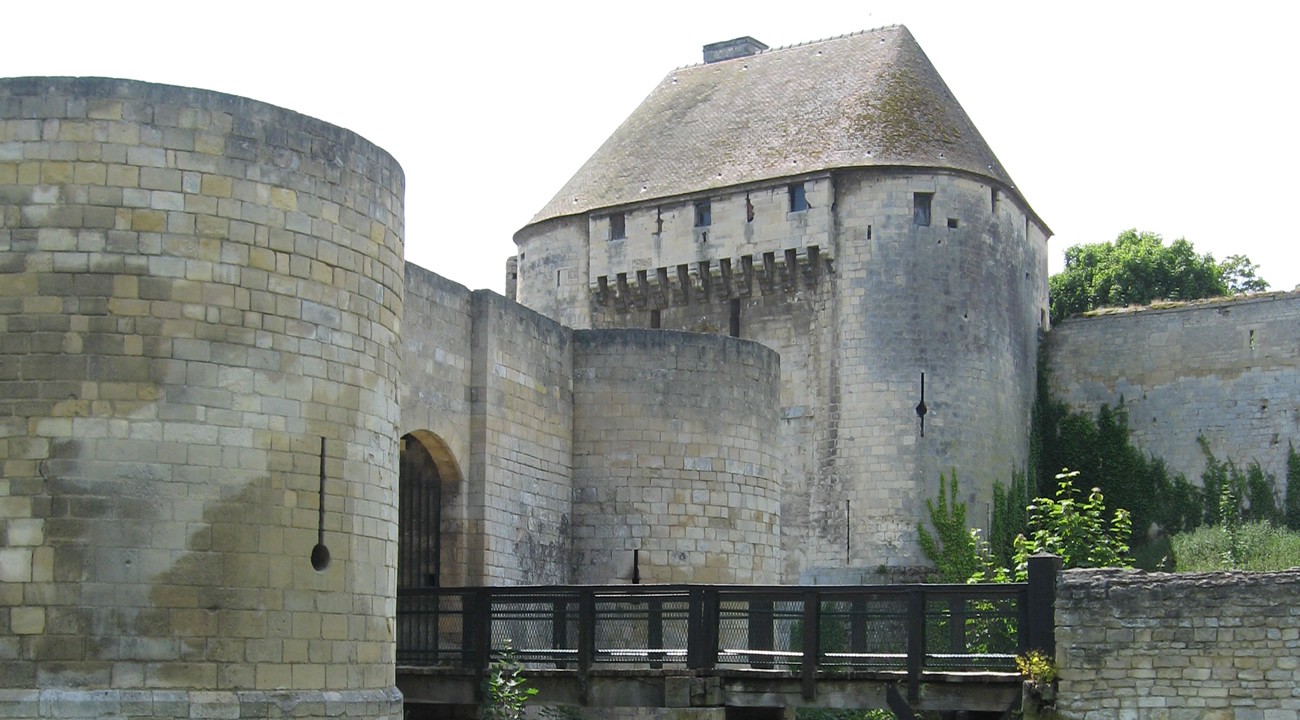
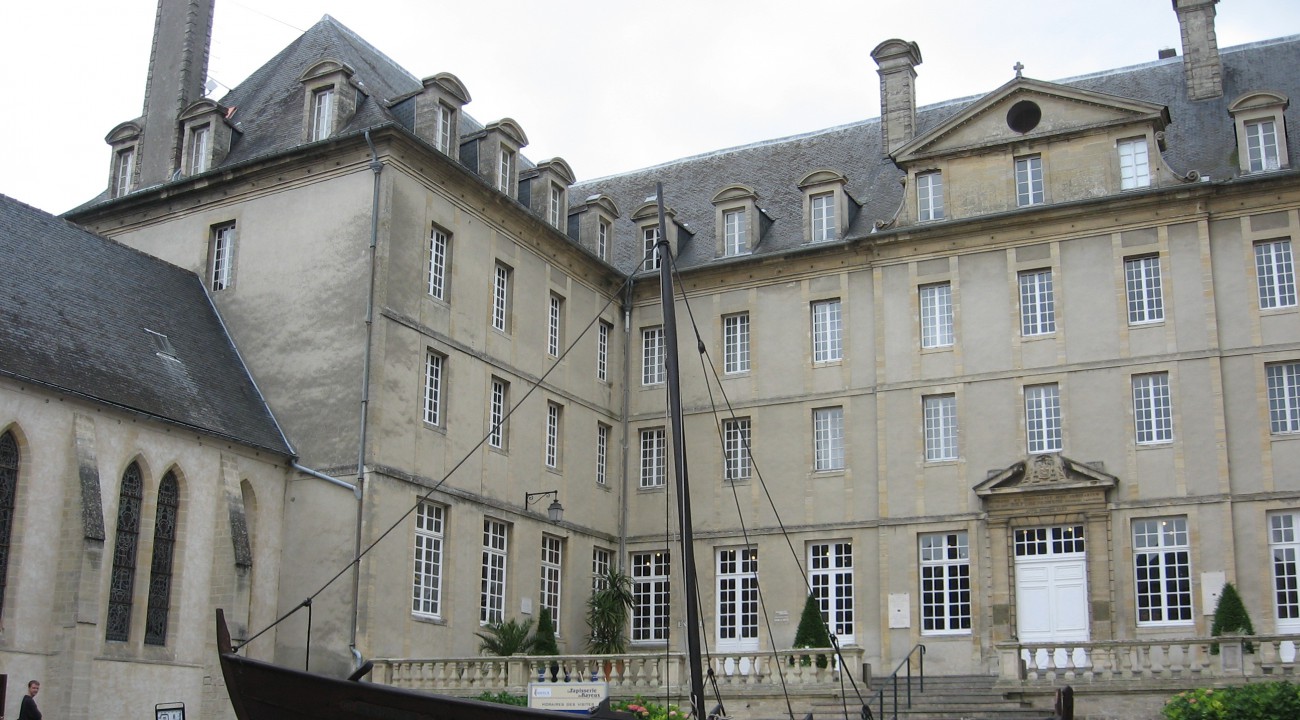
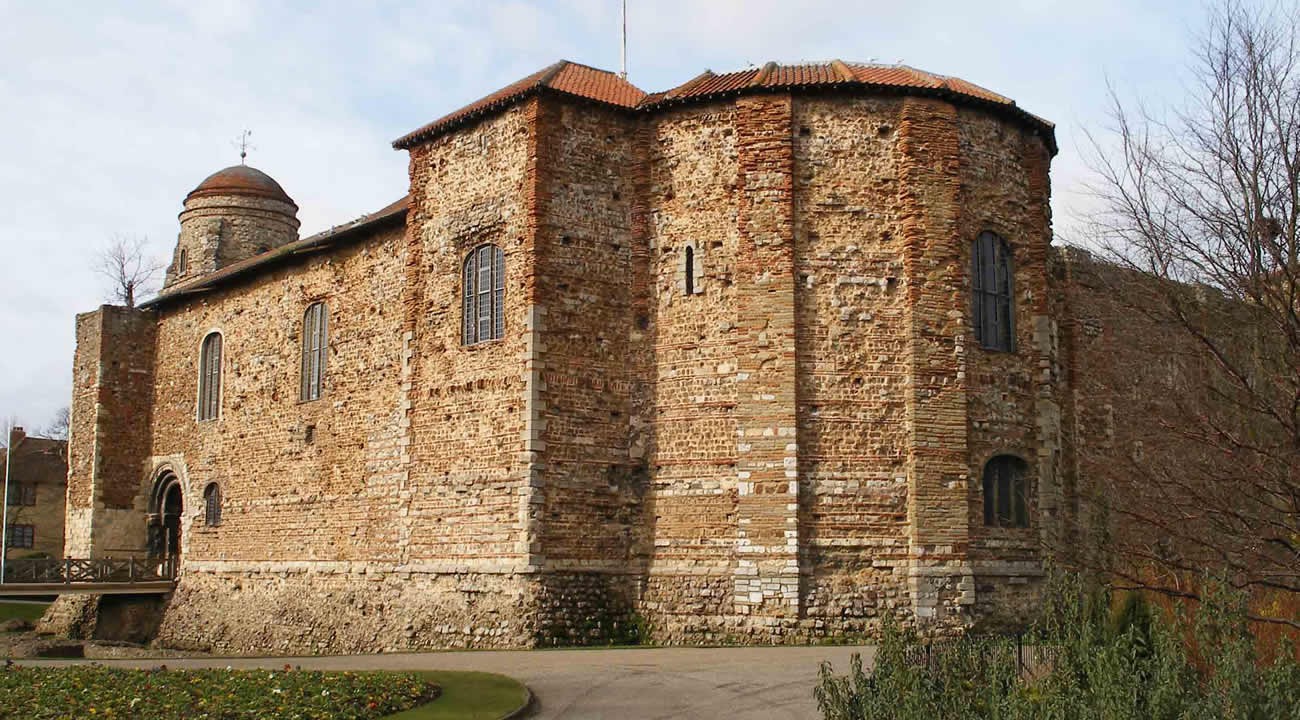
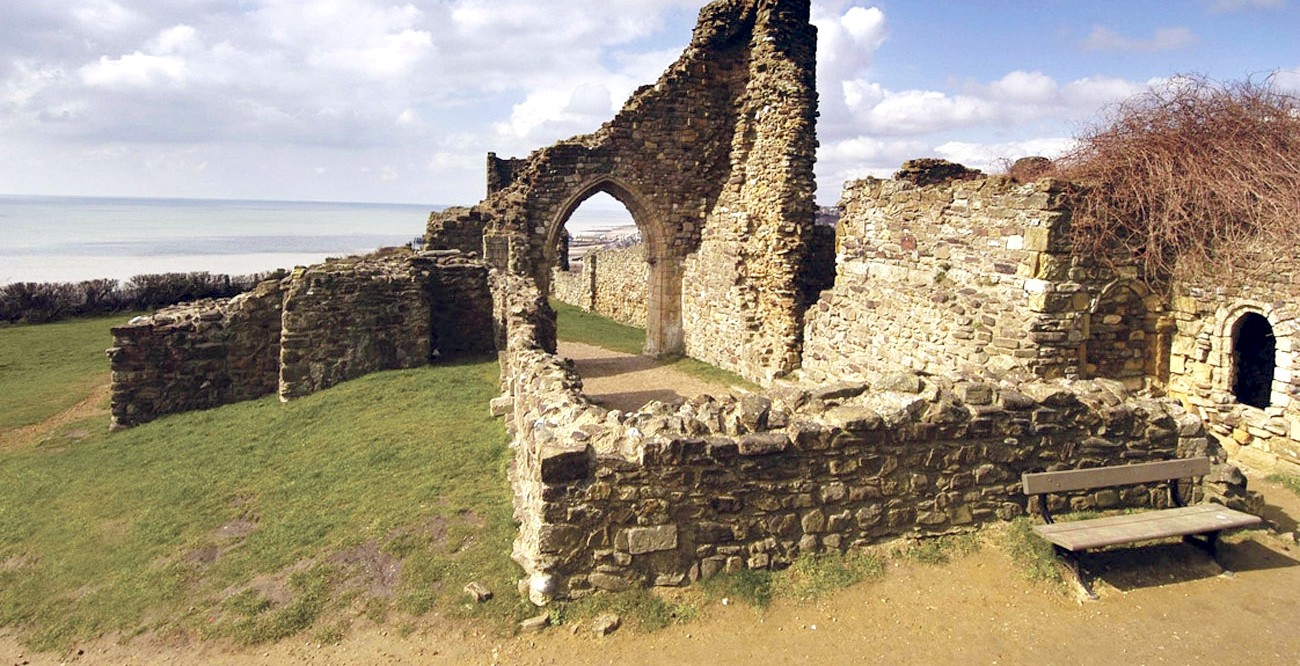
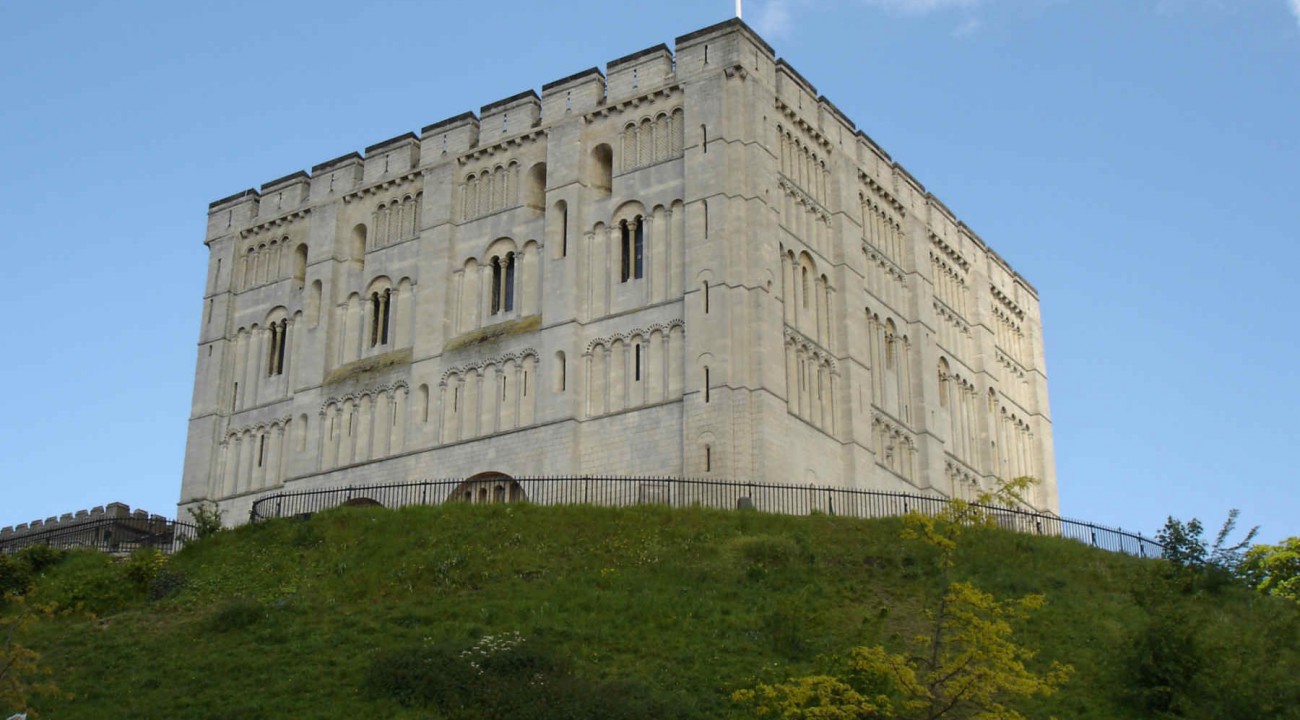
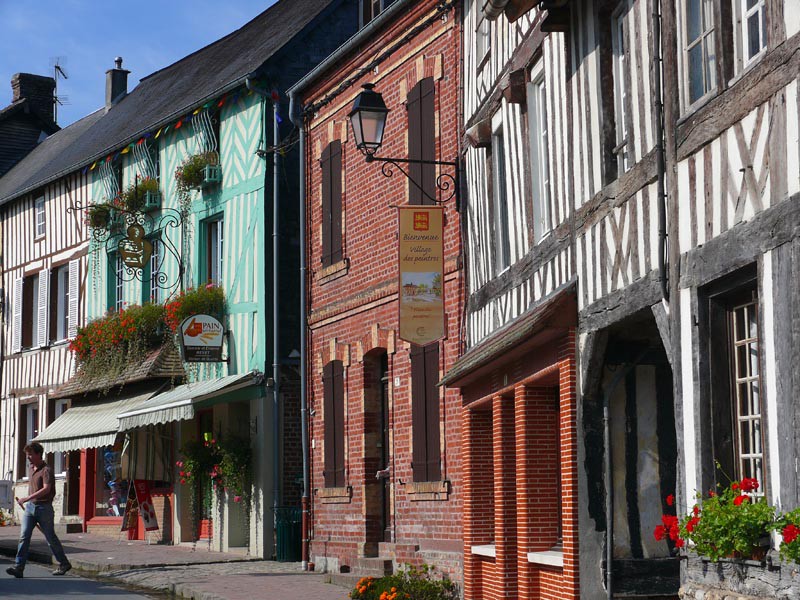
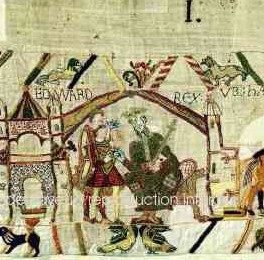
 Email a friend
Email a friend  Print this page
Print this page 

